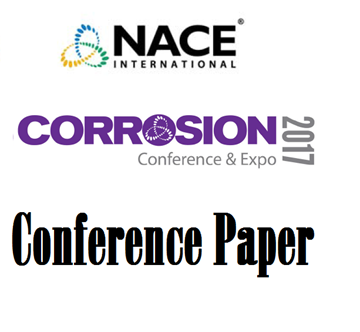Search
Products tagged with 'ssc'
View as
Sort by
Display
per page
SSC of TMCP Materials: Criticalities among the Methodologies for Load Definition
Product Number:
51324-21105-SG
Publication Date:
2024
$40.00
Susceptibility of Plasma Nitrided 17-4 PH to Sulphide Stress Cracking in H2S-Containing Environments
Product Number:
51317--9342-SG
ISBN:
9342 2017 CP
Publication Date:
2017
$20.00
Systematic Investigation Of The Role Of Stress-Induced Pits And Grooves In SSC Four-Point Bend Testing Of Line Pipe Steel
Product Number:
51321-16571-SG
Publication Date:
2021
$20.00
The Influence Of Applied Extension Rate And Specimen Geometry On Assessment Of SSC Resistance By Novel NTSSRT Method
Product Number:
51322-17624-SG
Publication Date:
2022
$20.00
Understanding Sour Service Performance of Coiled Tubing
Product Number:
MPWT19-14407
Publication Date:
2019
$0.00
Very High Strength Low Alloy Steels For HPHT Applications
Product Number:
51322-17721-SG
Publication Date:
2022
$20.00
What Test Environment for the Qualification of OCTG Sour Service Grades? Means and Consequences of pH Control
Product Number:
51321-16283-SG
Publication Date:
2021
$20.00








